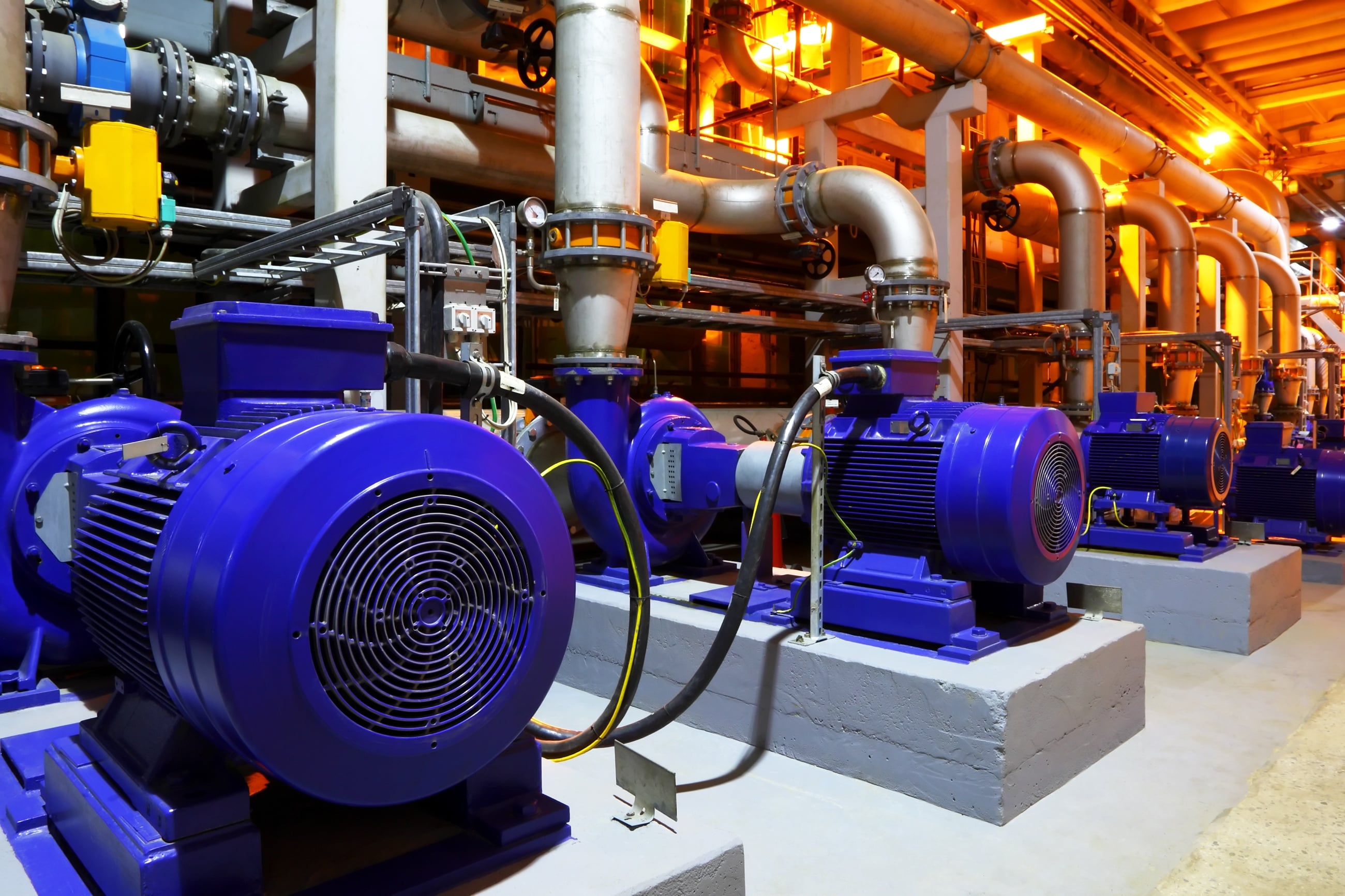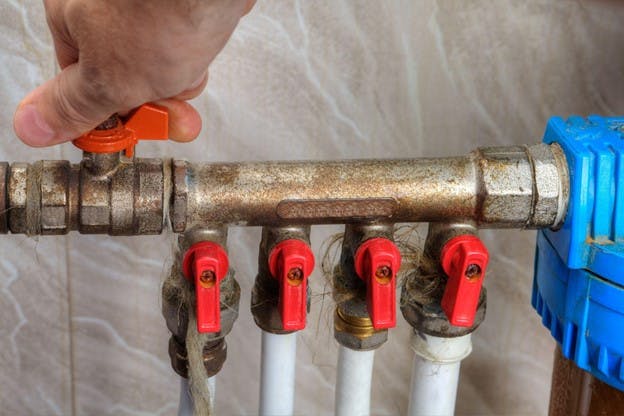Proven Tactics for Dealing with Low Water Pressure in Your Home
Proven Tactics for Dealing with Low Water Pressure in Your Home
Blog Article
The content down the page relating to Low Water Pressure in the House? is rather captivating. You should check this stuff out.

Low water pressure in your house can be a discouraging trouble, affecting everything from bathing to washing dishes. If you're experiencing weak water circulation, there are numerous feasible causes and services to check out. In this guide, we'll discuss common factors for low tide stress and functional steps to resolve the problem successfully.
Intro to Low Tide Stress
Low water pressure takes place when the flow of water from your faucets, showers, and other fixtures is weaker than normal. This can make everyday tasks a lot more tough and much less reliable. Comprehending the sources of low water pressure is crucial to finding the ideal remedy.
Usual Root Causes Of Low Tide Pressure
Pipe Obstructions
Over time, pipes can end up being blocked with mineral deposits, debris, or debris, limiting the circulation of water. This is an usual issue in older homes with galvanized steel pipelines.
Deterioration
Rust within pipelines can cause leaks and reduced water pressure. Rust accumulation can constrict water flow, particularly in maturing plumbing systems.
Faulty Pressure Regulators
Pressure regulators are responsible for keeping consistent water pressure in your home. If they malfunction, it can lead to low tide stress or irregular circulation throughout the house.
Municipal Water System Issues
Often, the trouble exists outside your home. Local water system problems, such as main line leakages or maintenance job, can briefly minimize water pressure in your area.
Just How to Diagnose Low Water Pressure
Examining Faucets and Components
Begin by examining the water pressure at various faucets and components throughout your home. If the problem is separated to details areas, it may show local troubles.
Checking Pipes
Check visible pipes for indicators of leakages, rust, or clogs. Focus on any type of uncommon noises, such as knocking or rattling pipes, which can suggest problems within the plumbing system.
Consulting with a Plumber
If you're incapable to determine the root cause of low water stress, take into consideration hiring a specialist plumber to conduct a detailed evaluation. They can recognize underlying issues and suggest proper remedies.
DIY Solutions to Repair Low Water Stress
Cleaning Aerators and Showerheads
Natural resources can collect in aerators and showerheads, decreasing water circulation. Eliminate and cleanse these components on a regular basis to improve water pressure.
Flushing Water Heater
Sediment accumulation in the water heater can limit circulation and lower performance. Flushing the container periodically helps get rid of debris and preserve optimal efficiency.
Inspecting Pressure Regulator
Make certain that the stress regulatory authority is functioning correctly. Readjusting or replacing the regulatory authority can assist restore correct water pressure throughout your home.
Clearing Up Clogs in Piping
For minor obstructions, attempt utilizing a plumbing serpent or chemical drainpipe cleaner to clear blockages in pipelines. Beware when utilizing chemicals and follow safety and security standards.
When to Call a Specialist Plumber
If do it yourself efforts fall short to settle the issue or if you believe significant plumbing issues, it's best to look for support from a licensed plumber. They have the know-how and tools to address complex issues securely and effectively.
Safety Nets to Keep Water Pressure
Normal Upkeep
Schedule routine maintenance for your plumbing system to stop problems such as corrosion, leakages, and clogs. Addressing minor troubles early can help stay clear of even more considerable repair work in the future.
Installing a Stress Booster
Take into consideration installing a stress booster pump to improve water stress in areas with constantly reduced circulation. This can be especially helpful for multi-story homes or residential or commercial properties with high-demand components.
Surveillance Water Use
Bear in mind water usage routines and stay clear of overtaxing the plumbing system. Basic adjustments, such as staggering showers and washing tons, can help keep ample water pressure.
Conclusion
Taking care of low water stress can be aggravating, however determining the underlying reasons and applying appropriate remedies can recover optimum circulation throughout your home. Whether it's cleaning up aerators, inspecting pipes, or speaking with a plumber, taking aggressive actions can guarantee a consistent supply of water for your daily needs.
FOUR WAYS TO FIX LOW WATER PRESSURE NOW
Turning on a shower or faucet only to find the water comes out in a sad, slow drizzle is never a good feeling. How exactly are you supposed to wash a pan or take a quick shower when it takes 10 minutes just to rinse off a little soap? The good news is that when your water pressure is bad, there's always a cause: typically one that can be easily fixed. Here are some of the most common causes of low pressure and what you can do to fix the issue:
DEBRIS AND MINERAL DEPOSIT BUILDUPS
If you notice low water pressure from just one or two of the fixtures in your house, the problem likely has to do with debris buildup. Water is full of minerals and other debris, all of which can accumulate in your pipes and on your fixtures. This can cause a blockage that affects how much water flows through. To fix this, try filling a small plastic bag with white vinegar, and use a rubber band to hang it around your showerhead or faucet. Let the head of the fixture soak for a few hours, and the vinegar should loosen the deposits.
WATER LEAKS
Leaks are another common cause of low water pressure. If water is flowing out of your plumbing through a hole or crack before it can reach your fixture, the pressure coming out of the faucet or showerhead will be lower. A plumbing professional is your best bet for finding and repairing a leak in your water supply pipes.
Leaks are another common cause of low water pressure. If water is flowing out of your plumbing through a hole or crack before it can reach your fixture, the pressure coming out of the faucet or showerhead will be lower. A plumbing professional is your best bet for finding and repairing a leak in your water supply pipes.
FOUR WAYS TO FIX LOW WATER PRESSURE NOW
Turning on a shower or faucet only to find the water comes out in a sad, slow drizzle is never a good feeling. How exactly are you supposed to wash a pan or take a quick shower when it takes 10 minutes just to rinse off a little soap? The good news is that when your water pressure is bad, there's always a cause: typically one that can be easily fixed. Here are some of the most common causes of low pressure and what you can do to fix the issue:
DEBRIS AND MINERAL DEPOSIT BUILDUPS
If you notice low water pressure from just one or two of the fixtures in your house, the problem likely has to do with debris buildup. Water is full of minerals and other debris, all of which can accumulate in your pipes and on your fixtures. This can cause a blockage that affects how much water flows through. To fix this, try filling a small plastic bag with white vinegar, and use a rubber band to hang it around your showerhead or faucet. Let the head of the fixture soak for a few hours, and the vinegar should loosen the deposits.
WATER LEAKS
Leaks are another common cause of low water pressure. If water is flowing out of your plumbing through a hole or crack before it can reach your fixture, the pressure coming out of the faucet or showerhead will be lower. A plumbing professional is your best bet for finding and repairing a leak in your water supply pipes.
Leaks are another common cause of low water pressure. If water is flowing out of your plumbing through a hole or crack before it can reach your fixture, the pressure coming out of the faucet or showerhead will be lower. A plumbing professional is your best bet for finding and repairing a leak in your water supply pipes.
A VALVE ISSUE
If you have low water pressure throughout your home, check your main shut-off valve to make sure it's completely open. You may also want to see if there's a pressure-reducing valve installed. If there is, have a plumber help you adjust the settings to get the pressure you're looking for.
OTHERS USING WATER
Believe it or not, your low water pressure could be caused by your neighbors. If you notice low pressure at certain times of day, it may be because you and the people living next to you have similar schedules - when everyone is showering at the same time, the pressure will be lower in every home. Low pressure throughout the neighborhood may also be caused by an issue with your municipal water supply. If that's the case, call the supplier to see if they're working on the issue.
https://www.rotorooter.com/blog/water-leaking/low-water-pressure-fixes/

I recently found that review about 10 Reasons for Low Water Pressure in Your House when doing a lookup on the internet. If you enjoyed our post please don't forget to pass it around. Thanks for your time. Kindly visit our site back soon.
Go Deal Report this page